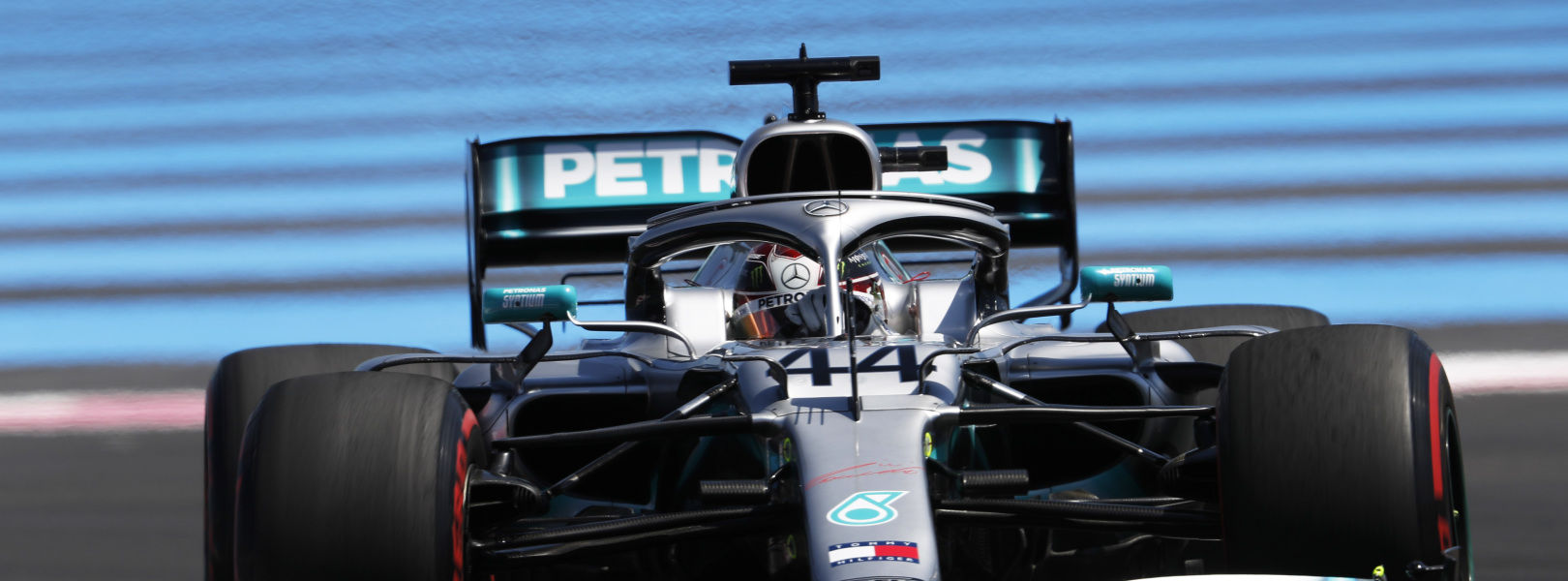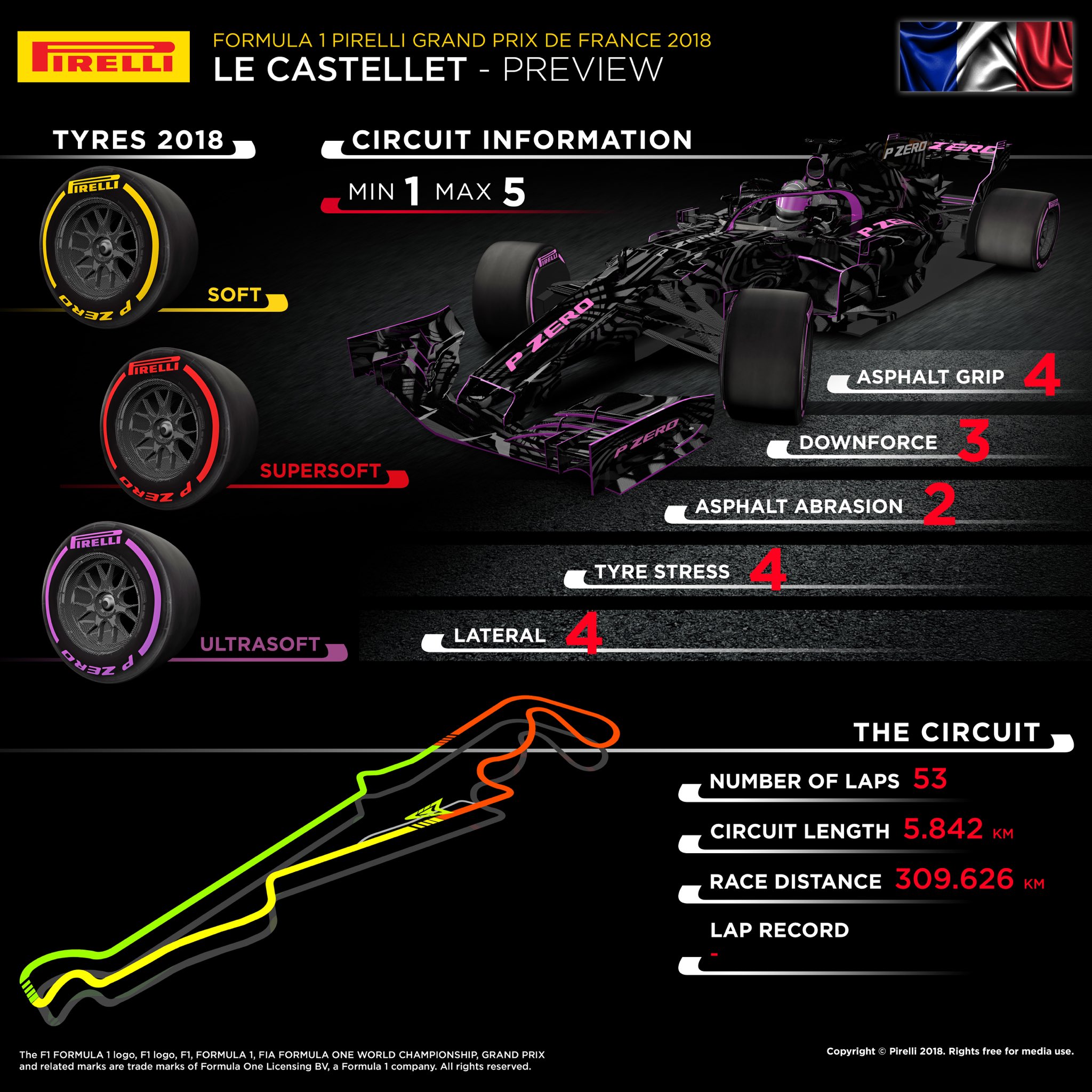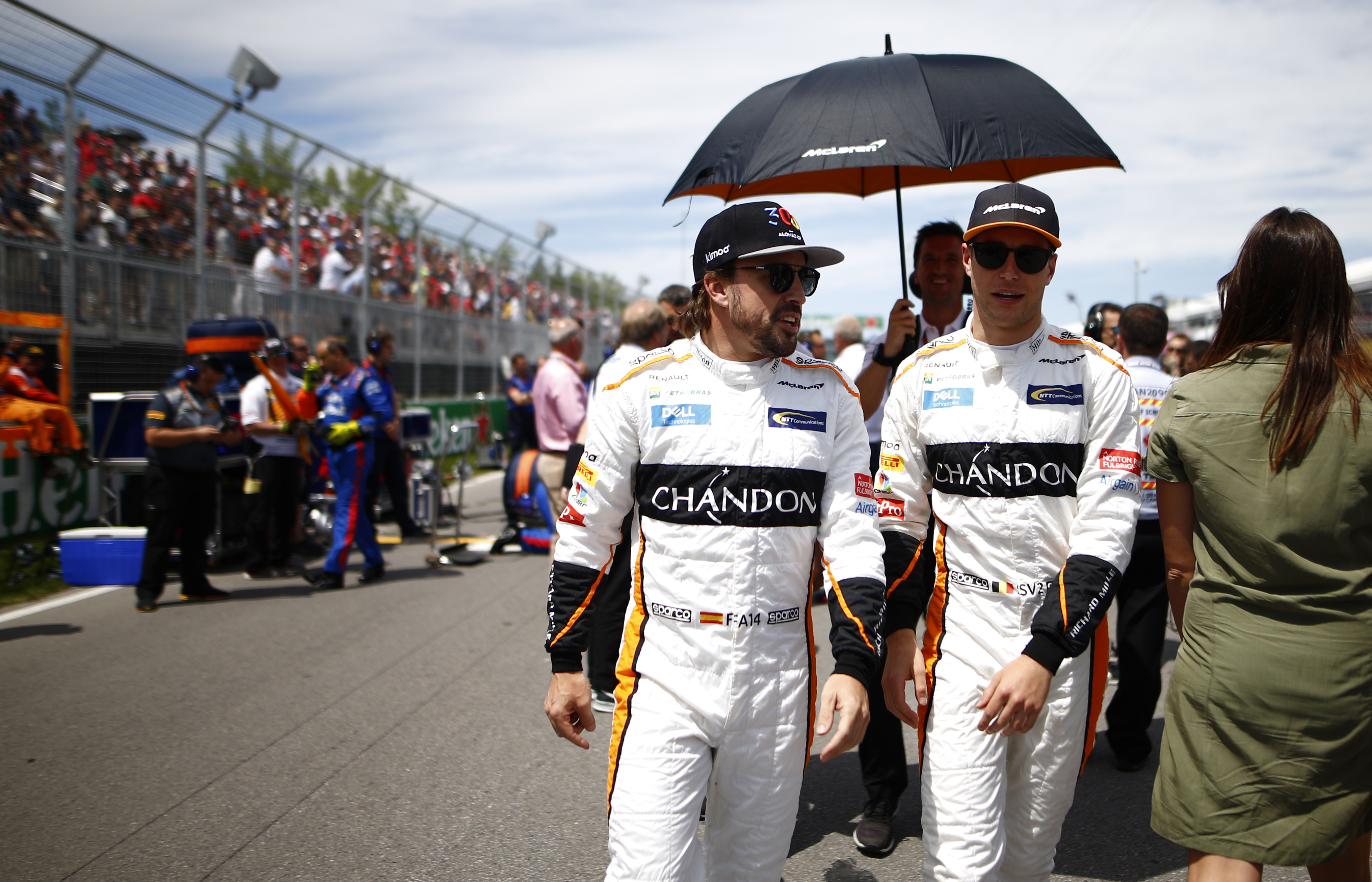French motorsport fans had already enjoyed the 24 Hours of Le Mans last week, and now their attention turned to the Formula 1 French Grand Prix at Paul Ricard. The 5.8km blue and red maze of a circuit is known for its Mistral Straight, named after the famous winds which caused some trouble over the weekend.
Conditions in qualifying proved to be tough, but Mercedes prevailed and locked out the front row of the grid again, with Lewis Hamilton on pole and Valtteri Bottas behind him. Charles Leclerc was the fastest of the Ferrari drivers in P3, as Sebastian Vettel had a horrible Q3 that saw him qualify only seventh. Verstappen started from fourth place and Gasly from ninth. Who split them then? Well, in a big surprise it was both McLaren drivers of Lando Norris and Carlos Sainz Jr., who claimed fifth and sixth place on the grid.
The start of the race saw Hamilton immediately create a gap to his teammate and Leclerc behind. Lando Norris lost fifth place to Sainz, who set about putting pressure on Verstappen. The Dutchman easily recovered though, pulled away from Sainz even as he complained about a ‘lag’ in power on the exit of some corners.
Thanks to the 2019 aerodynamic regulations, most drivers had trouble following the car in front of them, leading to big gaps being created. A few DRS overtakes took place going into the Mistral chicane, but no more than that.
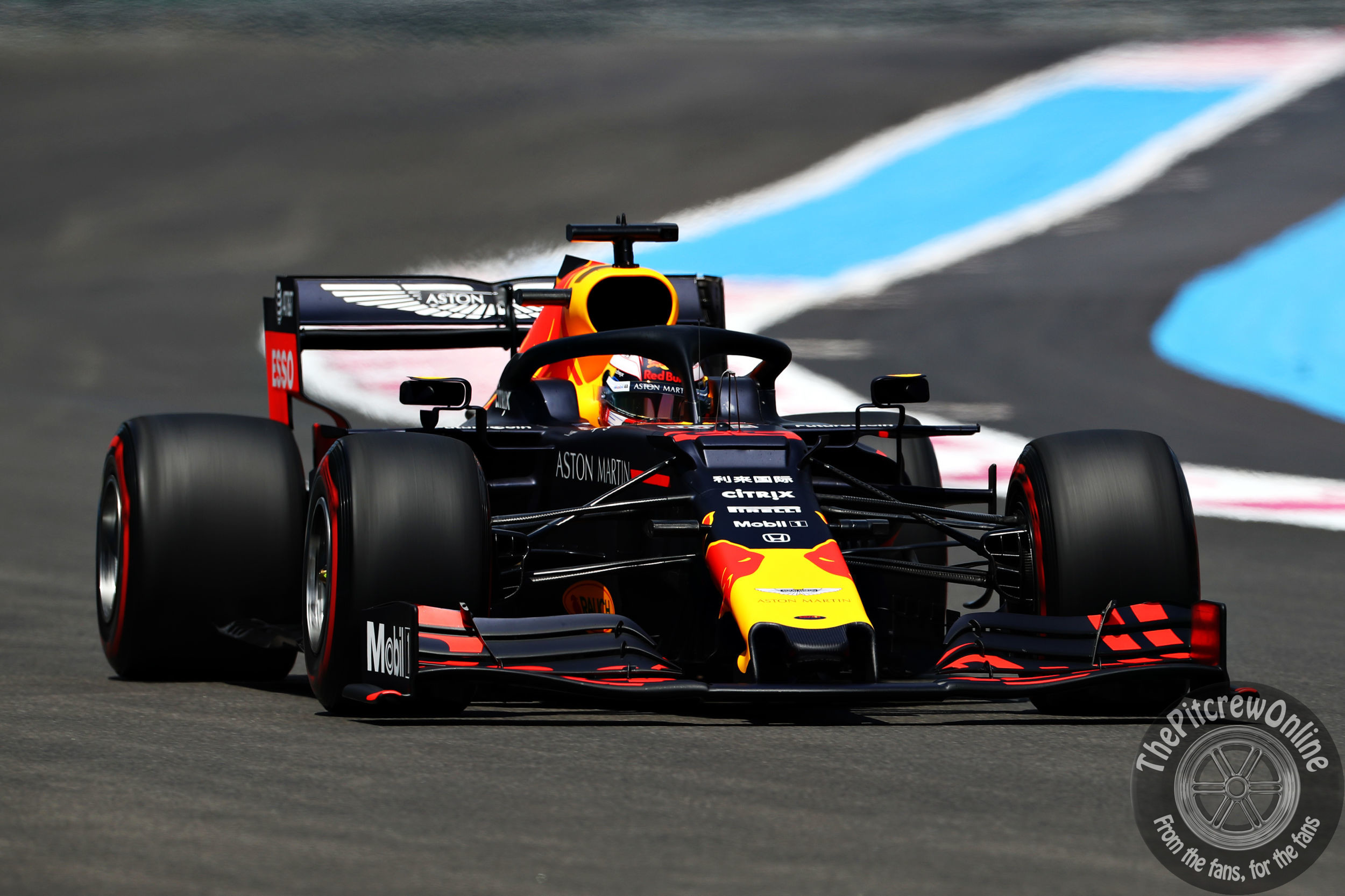
The biggest battles of the race took place in the midfield, where Haas was really struggling and got overtaken by both Toro Rossos.
Verstappen pitted from fourth on lap twenty-one and emerged in fifth place behind Vettel. Leclerc went into the pits on the next lap for the hard tyres as well, coming back out in fourth place. Bottas switched to the hard tyres onlap twenty-four. and re-joined in third behind Vettel, who was yet to stop, and in front of Leclerc.
Race leader Hamilton responded by pitting the next lap, re-joining safe and sound in first place. Vettel was behind him, locked up and told his team he needed to box, which he duly did. Like those around him, he opted for the hard tyres in an attempt to make it to the end of the race. After all pit stops, the situation in the top five was unchanged.
Meanwhile Hamilton took the time to try out the ‘Time Trial’ mode of the new F1 2019 game, putting up fastest lap times on the board lap after lap. and extending his lead to twelve seconds.
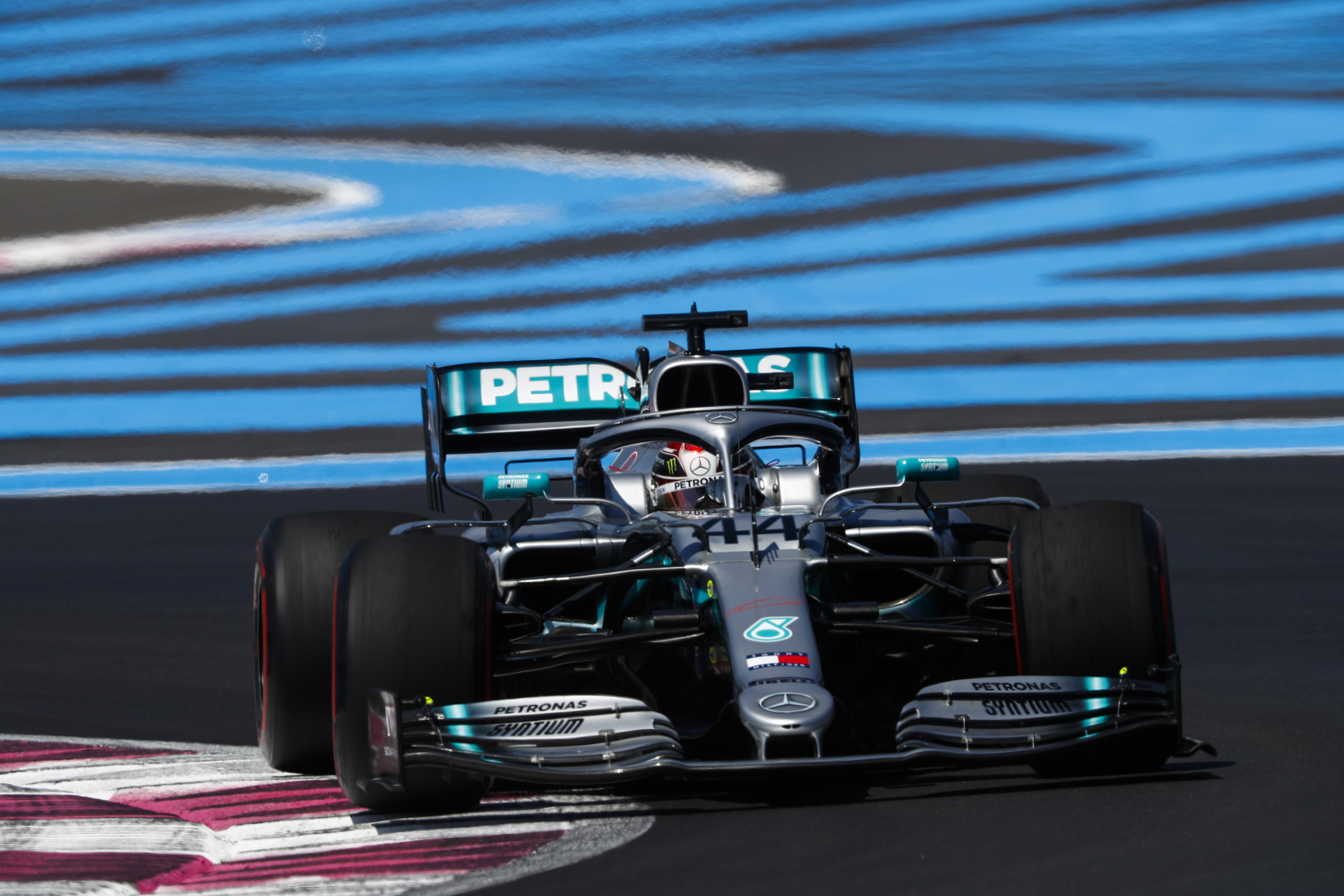
With less than half of the race to go, trouble struck Norris and Grosjean. Norris was told by the McLaren team to not use DRS and that his car would soon become unstable, whilst Grosjean, in his home race, had to retire the car with just six laps to go.
A very short Virtual Safety Car was brought out near the end of the race, after Alex Albon hit a bollard that was then left stranded in the middle of the track.
With just two laps to go, Vettel came in for another pit stop to go for the extra point for the fastest lap, whilst his Leclerc chased Bottas for second place. Was this what Ferrari meant by Plan F?
On the last lap he got in DRS range of the Mercedes, but it didn’t matter. The top three in qualifying ended up as the race result. Vettel’s bid for the extra point paid off as he pipped Hamilton’s time by 0.02 seconds.
The Driver of the Day award went to no other than Lando Norris, who carried on racing with hydraulic problems to end up in tenth place.
F1 returns to Austria next weekend in the first double-header of the season. Last year saw Max Verstappen take the biggest trophy, whilst drama for Mercedes showed us that their engines are not invincible. Will this year’s race see the same drama, or are Mercedes really unbeatable now?
[Featured image – LAT Images]

